Greed and Fear in Forex Trading: Mastering Emotions for Success
In the world of forex trading, emotions play a crucial role in determining the outcome of trades. Two emotions that often dominate traders' minds are greed and fear. Greed can lead to impulsive and risky decisions, while fear can paralyze and prevent traders from taking profitable opportunities. Understanding and managing these emotions is essential for success in forex trading. In this article, we will delve into the depths of greed and fear in forex trading, exploring their impact on traders and strategies to overcome them.
The Psychology of Greed and Fear in Forex Trading
What is Greed in Forex Trading?
Greed in forex trading refers to the overwhelming desire for excessive profits. It is the insatiable hunger for more, often leading traders to take high risks without proper analysis. Greed can push traders to overtrade, neglect risk management, and blindly chase profits. When fueled by greed, traders may ignore warning signs, rationality, and market conditions, resulting in significant losses.
How Does Fear Affect Forex Traders?
Fear in forex trading stems from the aversion to losses and the uncertainty of the market. It often arises after experiencing a string of losses or witnessing volatile market conditions. Fear can paralyze traders, preventing them from entering trades or causing them to exit positions prematurely. It erodes confidence, impairs decision-making, and leads to missed opportunities.
The Greed-Fear Cycle: A Vicious Loop
Greed and fear are intertwined in a vicious cycle that traps many traders. The cycle begins with greed, enticing traders to take excessive risks for higher profits. When trades turn against them, fear takes hold, causing panic and irrational decision-making. This fear further amplifies losses, reinforcing the cycle. Breaking free from this cycle requires discipline, emotional control, and a comprehensive understanding of market dynamics.
Strategies to Overcome Greed and Fear in Forex Trading
1. Develop a Solid Trading Plan
A well-defined trading plan acts as a roadmap, guiding traders through the complexities of the forex market. It outlines entry and exit criteria, risk management strategies, and specific goals. By following a trading plan, traders can reduce the influence of emotions and make rational decisions based on predetermined rules.
2. Practice Proper Risk Management
Risk management is the cornerstone of successful forex trading. It involves setting appropriate stop-loss orders, position sizing, and determining the risk-reward ratio for each trade. By implementing sound risk management techniques, traders can limit potential losses and safeguard their capital, mitigating the impact of fear and greed.
3. Focus on the Process, Not Just the Outcome
Rather than obsessing over individual trade outcomes, successful traders focus on executing their strategies flawlessly. By shifting the focus to the process, traders reduce the emotional attachment to wins and losses. This detachment allows for objective analysis and decision-making, minimizing the influence of greed and fear.
4. Cultivate Emotional Intelligence
Emotional intelligence is the ability to recognize and manage emotions effectively. Traders with high emotional intelligence can navigate the ups and downs of the market with composure. By developing self-awareness, self-regulation, and empathy, traders can mitigate the destructive effects of greed and fear, making rational decisions based on objective analysis.
5. Practice Mindfulness and Meditation
Mindfulness and meditation techniques can help traders cultivate mental clarity and emotional resilience. By practicing mindfulness, traders learn to observe their thoughts and emotions without judgment. This awareness allows them to recognize when greed or fear is influencing their decision-making and respond with calmness and rationality.
6. Continuous Education and Learning
Forex markets are dynamic, and staying updated with market trends, news, and analysis is crucial for making informed trading decisions. Continuous education helps traders build confidence in their strategies and reduces the impact of fear caused by uncertainty. By expanding their knowledge, traders can adapt to changing market conditions and reduce the influence of greed-driven impulsive actions.
Additional Information
Greed and fear are two of the most powerful emotions in the world of Forex trading. These emotions can make or break a trader's profits, as they can cause traders to make decisions that are not in their best interests. It's important to be aware of your own emotions and to know when to take control of them. In this article, we will provide tips to help you trade wisely and profitably, while still taking into account the powerful influence of greed and fear.
What is Greed and Fear?
Greed and fear are two of the most common emotions that can influence how traders make decisions in the foreign exchange (Forex) market.Greed is the feeling of wanting to make more money, or take bigger risks in order to achieve higher gains. Fear is the emotion that drives traders to make conservative, risk-averse decisions in order to protect their capital. Both of these emotions can lead to sub-optimal trades if left unchecked.
How Does Greed Affect Trading Decisions?
Greed can lead traders to take on too much risk in order to make more money. This can result in traders taking on positions that are too big for their account size and risking too much capital on a single trade.It can also cause traders to stay in a position for too long, hoping that it will eventually turn into a profitable trade. This can be dangerous, as it can lead to taking on bigger losses than necessary. Greed can also cause traders to overlook important signals or indicators that could help them make better trading decisions. For example, a trader might ignore an RSI (relative strength index) signal that suggests the market is overbought because they are focused on making more money from their trade.
How Does Fear Affect Trading Decisions?
Fear can cause traders to become too risk-averse and make conservative decisions that don’t always work out in their favor. This can lead to traders making trades that are too small or closing out positions too early, resulting in missing out on potential gains.Fear can also cause traders to become overly focused on protecting their capital, which can lead to missed opportunities. Fear can also cause traders to become indecisive and second-guess their decisions. This can result in traders missing out on trades that could have been profitable, or staying in trades for too long and taking on bigger losses than necessary.
Tips for Dealing with Greed and Fear in Forex Trading
The best way to deal with greed and fear when trading in the Forex market is to have a plan before you enter a trade. Take the time to analyze the market and determine your entry and exit points before you enter a position. Having a plan will help you stay disciplined and focused on achieving your goals. It’s also important to remember that you don’t need to make huge profits on every trade.It’s better to focus on making small, consistent profits over time than trying to make big profits from every trade. Try to think of trading as a marathon rather than a sprint. Finally, it’s important to take a step back and look at the bigger picture when trading. Don’t get caught up in the short-term price movements and forget about the long-term trends. Focus on the overall trend of the market and try to take advantage of it rather than focusing on individual trades.
How Does Greed Affect Trading Decisions?
Greed can be an insidious force in the Forex market, leading to bad decisions and losses.Greed can cause traders to take on too much risk, make irrational trades, and hold onto losing positions for too long. Greed can also lead to overtrading, where a trader is constantly trying to make more money and takes on more trades than they can handle. When greed takes over, traders become focused on the potential gains of a trade and ignore the potential risks. They may take on trades with too little capital, or open multiple positions with small stop-losses, leaving them exposed to bigger losses if the market moves against them.
They may also over-analyze the market and try to pick out small movements in the market that they think will be profitable. Another way that greed can lead to bad decisions is by causing traders to ignore their trading plan. When traders get greedy, they often abandon their trading plan and start making decisions based on emotion rather than logic. This can lead to poor decisions and can quickly cause a trader’s account to suffer.
Finally, when traders become overly greedy they may start taking on too much leverage in order to increase their profits. While leverage can be a great tool for creating larger profits, it can also lead to larger losses if the market moves against you. When taking on too much leverage, traders risk blowing out their accounts if the market moves against them.
Tips for Dealing with Greed and Fear in Forex Trading
Greed and fear can be difficult emotions to manage when trading in the Forex market, but it is essential to understand how they affect your decisions.By learning to recognize when greed or fear is influencing your trading decisions, you can take action to reduce their impact on your trades. One of the most important steps to managing greed and fear in Forex trading is to set realistic goals. When setting a goal, it should be achievable without taking on excessive risk. This will help reduce the chances of making a bad decision due to excessive greed or fear. Another key step to managing greed and fear is to use stop-loss orders to limit potential losses on a trade. Setting a stop-loss will help you avoid making poor decisions out of fear of incurring a large loss.
Similarly, setting a take-profit order will help you avoid letting greed get the better of you and leading to excessive risk. It is also important to have a trading plan and stick to it. A trading plan should include risk management strategies such as setting stop-losses and take-profits, as well as defining exit points for both winning and losing trades. Having a plan will help you stay focused on your objectives and reduce the influence of greed and fear. Finally, it is important to stay disciplined and follow your trading plan. If you find yourself being swayed by greed or fear, take some time away from the markets and reevaluate your position.
What is Greed and Fear?
Greed and fear are two of the most powerful emotions that can impact trading decisions in the foreign exchange (Forex) market.Greed can lead to over-trading, which can cause losses and damage a trader’s account. Fear can lead to under-trading, which can also result in losses. By understanding the differences between greed and fear, traders can be better equipped to make sound trading decisions. Greed is an emotion that often leads traders to take on too much risk or to hold onto positions for too long. Greed can also cause traders to enter too many trades at once, leading to overtrading.
This can be a costly mistake as it can lead to larger losses than expected. Fear is the emotion that often causes traders to be overly cautious and take on too little risk. This can lead to undertrading, which can also be costly as it can cause missed opportunities and a lack of profits. Fear can also lead to panic selling, which often results in even bigger losses. By understanding how greed and fear affect trading decisions, Forex traders can become more successful in their trades. They should strive to remain level-headed and avoid making decisions based solely on emotions.
They should also focus on developing a trading plan that is based on sound analysis and risk management principles.
How Does Fear Affect Trading Decisions?
Fear is a natural emotion when trading in the Forex market. It can cause traders to make poor decisions and become overly cautious with their trades. Fear can be caused by a variety of different things, such as not having a solid trading plan, not having the right risk management in place, or being overwhelmed by the amount of information available. Fear can lead to traders holding onto positions for too long, taking profits too early, or even not entering trades that could potentially be profitable.Fear can also cause traders to become overly cautious and not enter trades that could potentially be profitable. This can be due to fear of losses, fear of making a mistake, or fear of the unknown. Fear can also lead to traders exiting their positions too quickly, taking profits too early, or not managing their risk properly. Fear can also cause traders to over-analyze the markets and become too focused on predicting future price movements.
This can lead to traders over-trading, which can be dangerous as it increases the risk of losses. Fear can also lead to traders being overly conservative with their trades, leading to missed opportunities. By understanding how fear affects trading decisions, you can better manage your emotions and make wiser decisions when trading in the Forex market. It is important to remember that fear is natural, but it should not be allowed to take control of your trading decisions. In conclusion, recognizing and managing greed and fear in Forex trading is key to becoming a successful trader. By understanding how these emotions manifest, traders can begin to make smarter trades and take control of their trading decisions.
With the right strategies and knowledge, traders can learn to identify when these emotions are influencing their decisions and take steps to mitigate their impact. With enough practice and dedication, traders can become more confident in their trading decisions and use greed and fear to their advantage.
Q: How can greed negatively impact forex traders?
Greed can negatively impact forex traders by pushing them to take excessive risks, neglect risk management, and make impulsive trading decisions. It can blind traders to warning signs, leading to substantial losses.
Q: What are the consequences of fear in forex trading?
Fear in forex trading can paralyze traders, preventing them from entering trades or causing them to exit positions prematurely. It erodes confidence, impairs decision-making, and leads to missed opportunities.
Q: How can traders overcome the greed-fear cycle?
Traders can overcome the greed-fear cycle by developing a solid trading plan, practicing proper risk management, focusing on the process rather than the outcome, cultivating emotional intelligence, practicing mindfulness and meditation, and continuously educating themselves about the forex market.
Q: What is the importance of risk management in forex trading?
Risk management is crucial in forex trading as it helps traders limit potential losses and protect their capital. By implementing proper risk management techniques, traders can mitigate the impact of fear and greed on their trading decisions.
Q: How can mindfulness and meditation help forex traders?
Mindfulness and meditation techniques can help forex traders cultivate mental clarity and emotional resilience. By practicing mindfulness, traders can observe their thoughts and emotions without judgment, enabling them to make rational decisions in the face of greed and fear.
Q: Why is continuous education important in forex trading?
Continuous education is vital in forex trading as it helps traders stay updated with market trends, news, and analysis. It builds confidence in trading strategies and reduces the impact of fear caused by uncertainty.
Conclusion
Greed and fear are formidable adversaries in the world of forex trading. Traders must recognize and manage these emotions to achieve success. By developing a solid trading plan, practicing proper risk management, focusing on the process, cultivating emotional intelligence, practicing mindfulness, and continuously educating themselves, traders can overcome the destructive cycle of greed and fear. Mastering these emotions paves the way for disciplined and profitable trading.
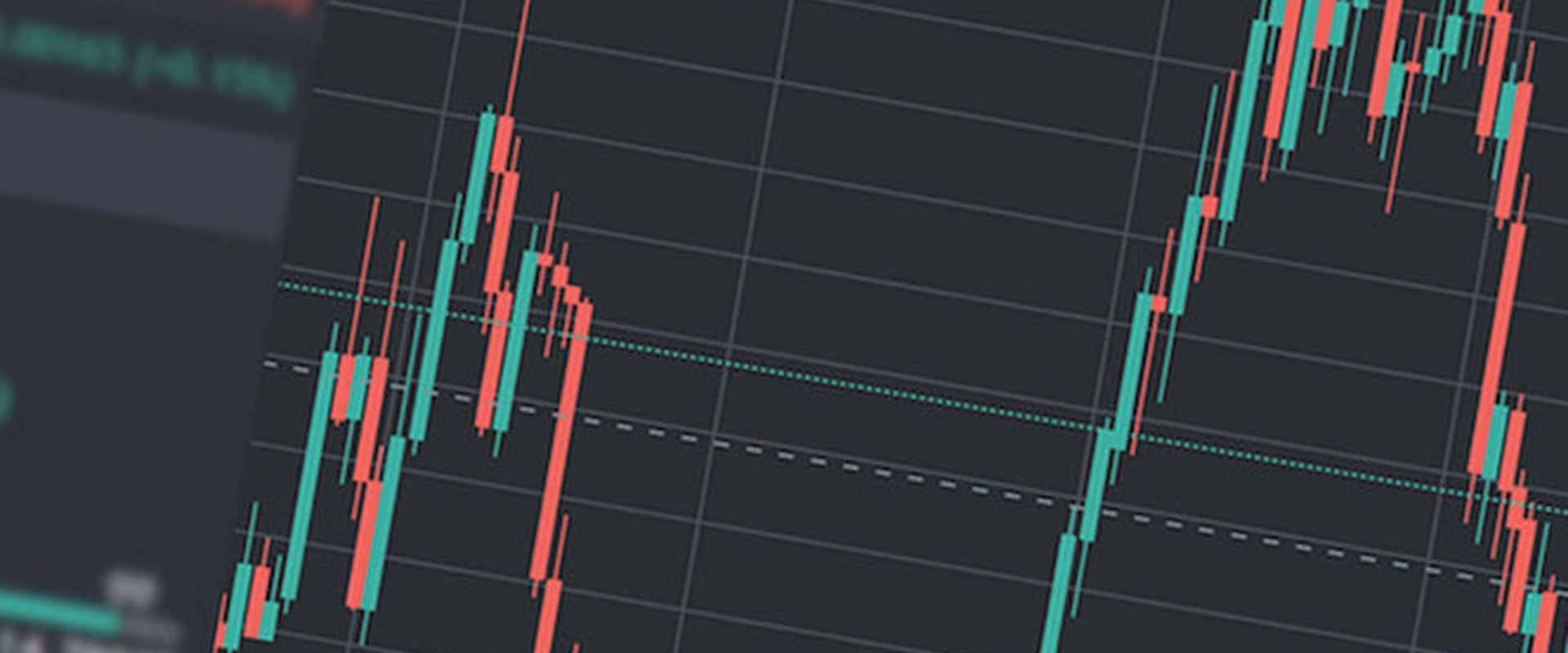
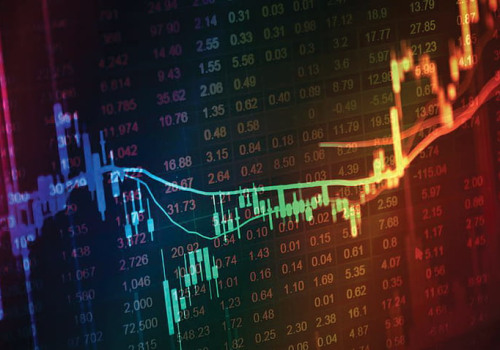
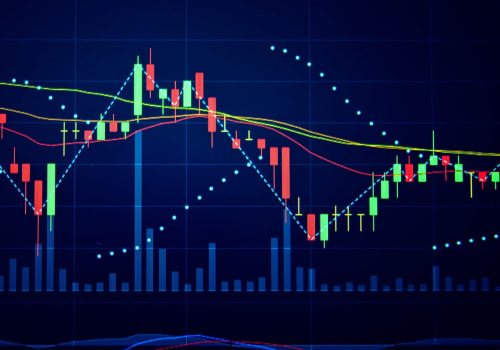
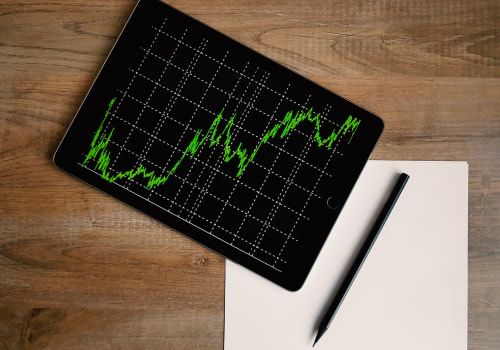
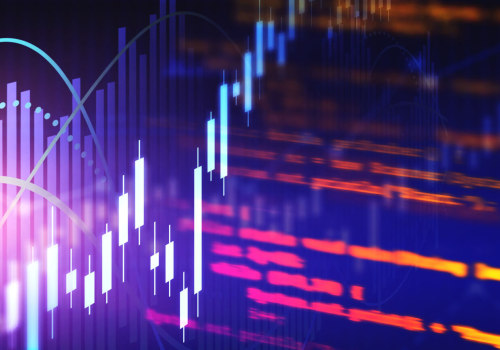

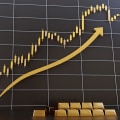


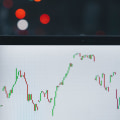


Leave Reply